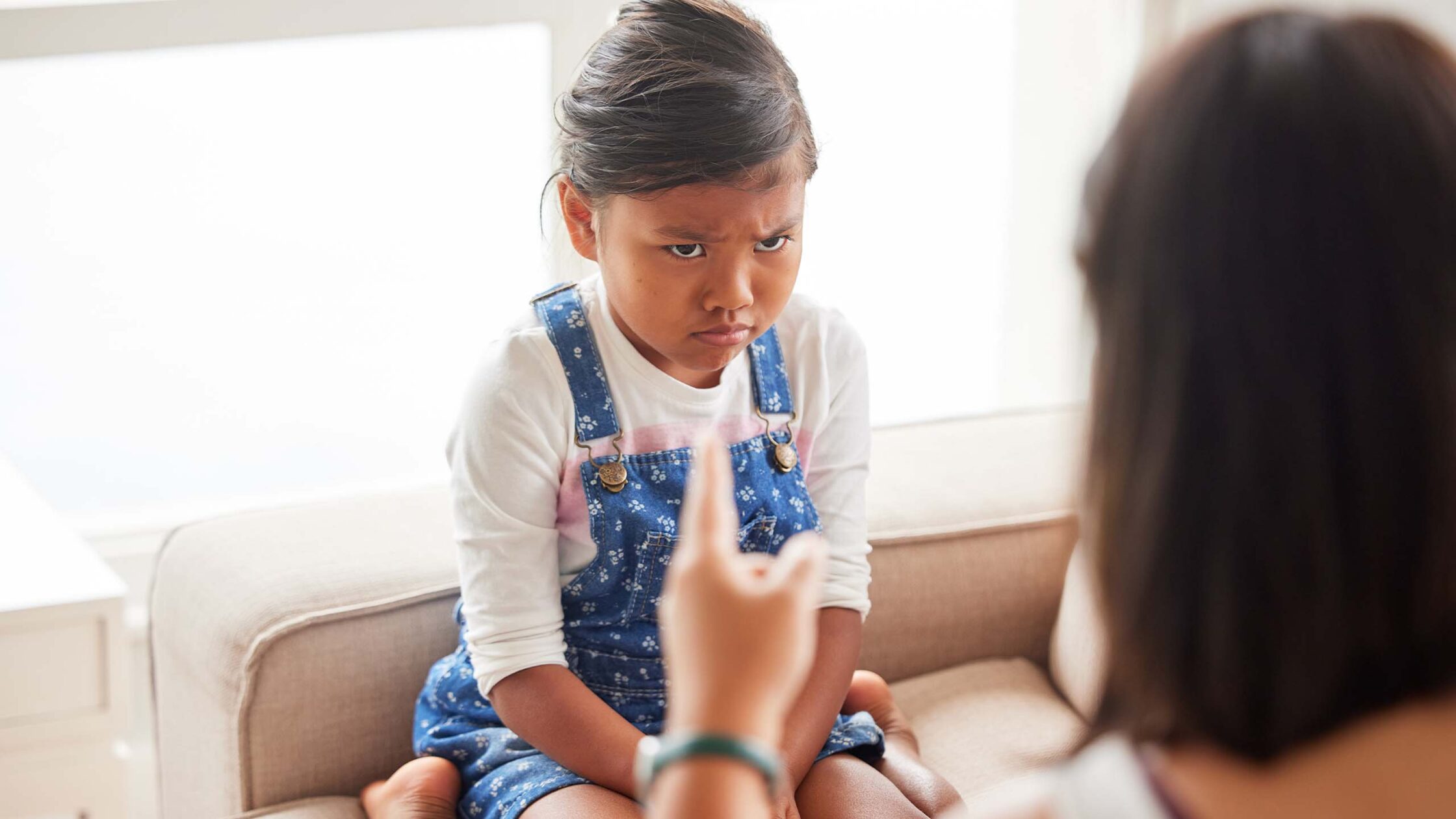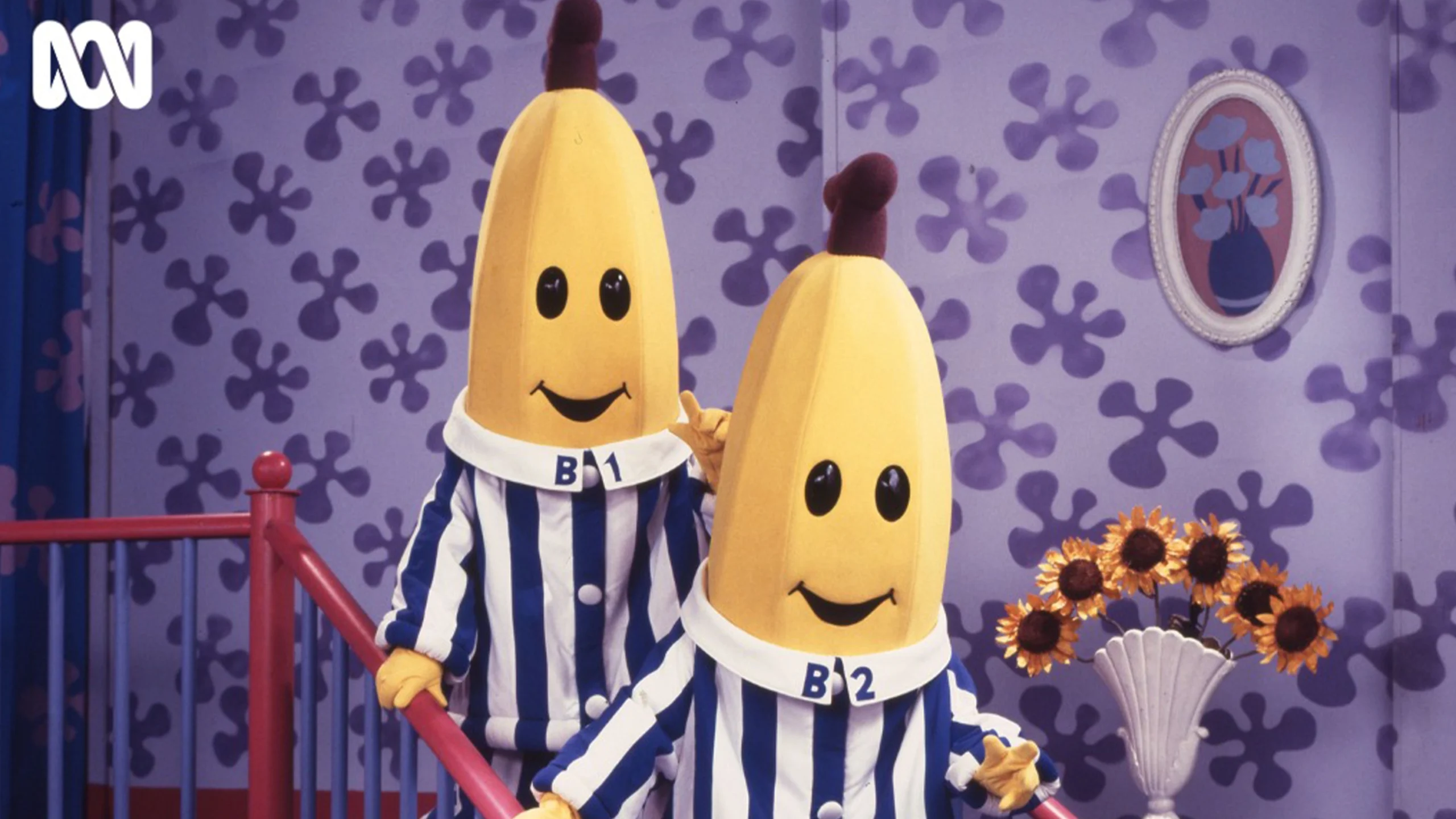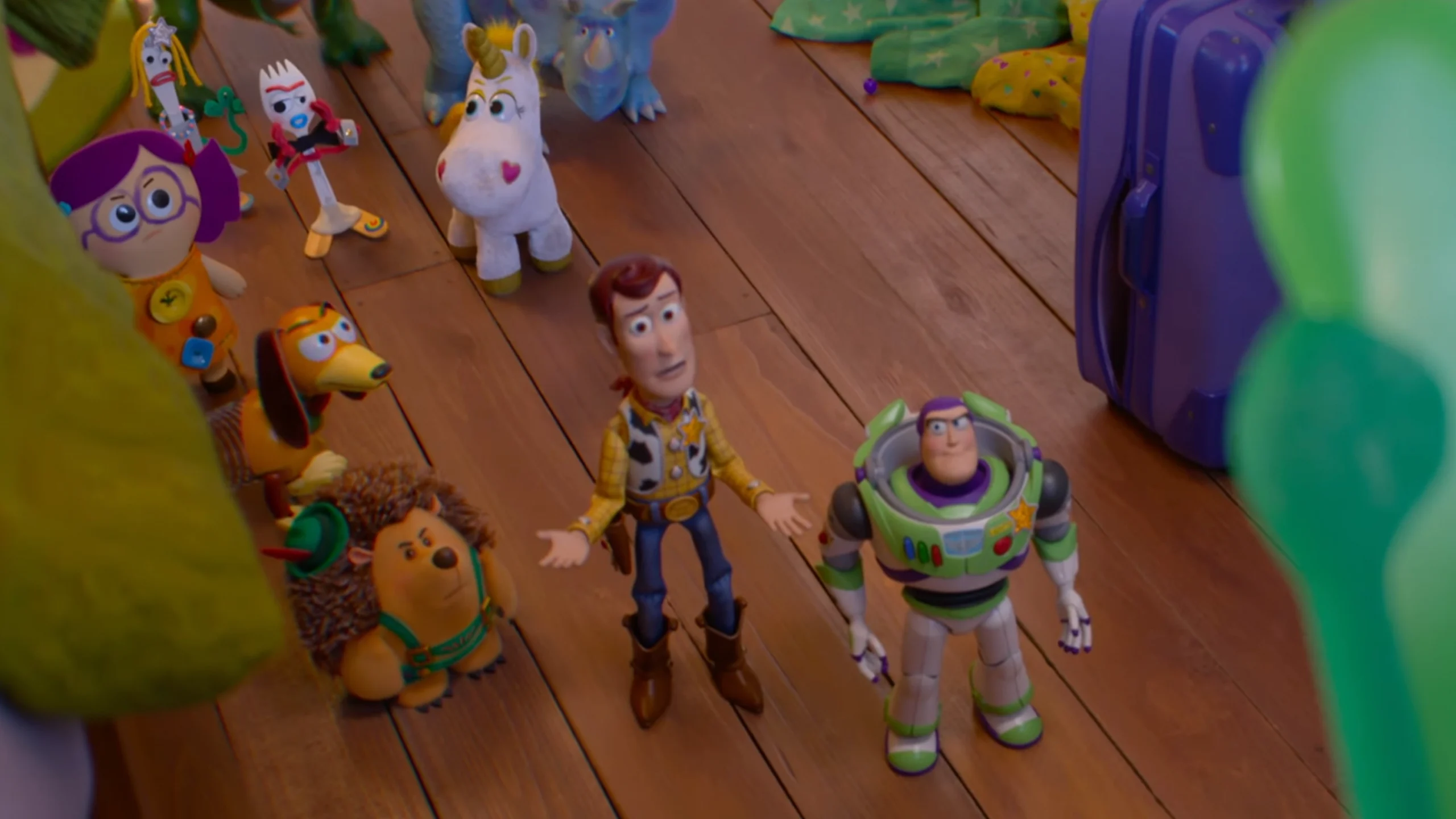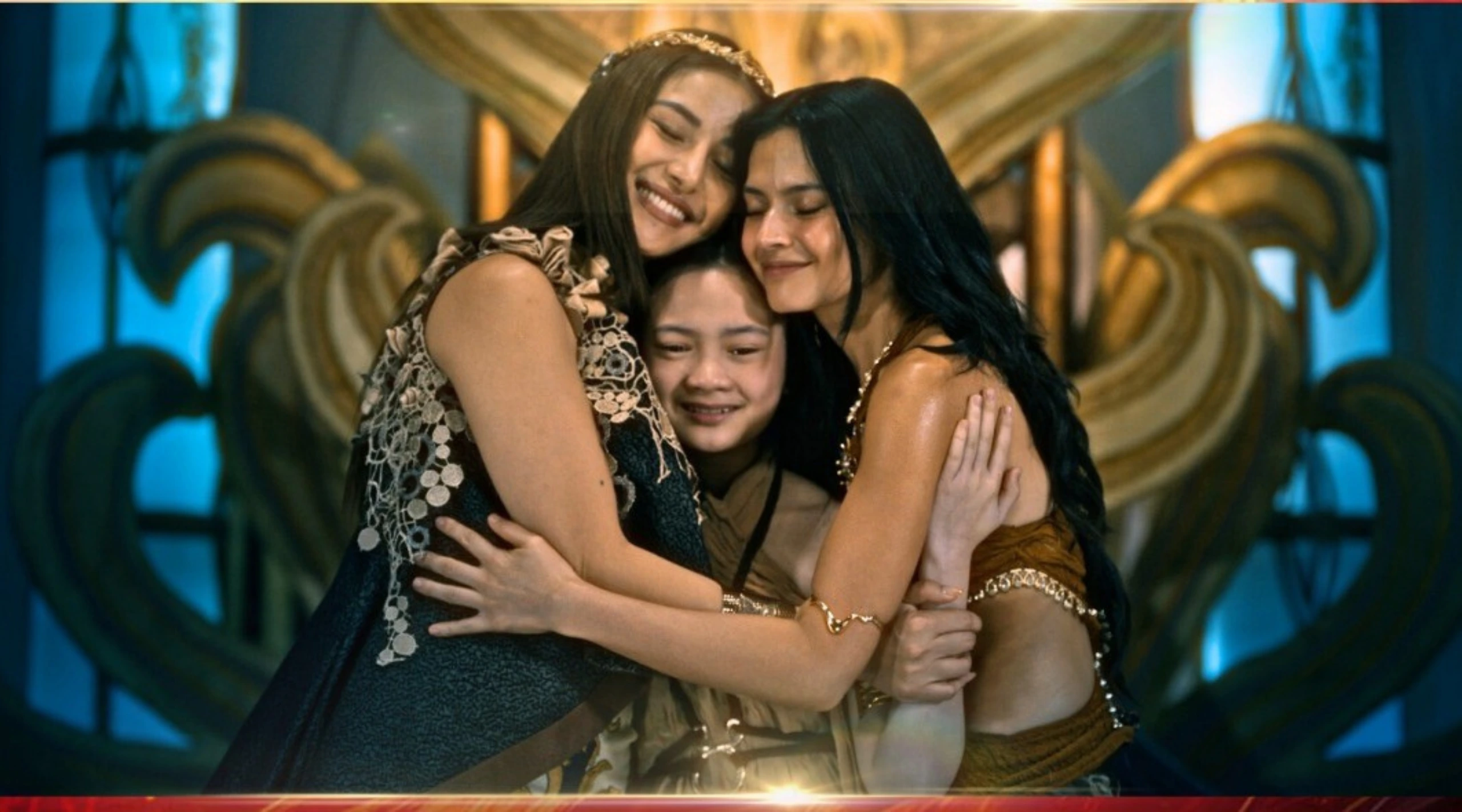Things Parents Can Say To Their Kids When They Make Mistakes
When we’re at a loss for words at our kids misbehaving or making a mistake, here are things we can say instead of losing our cool.
Most of the time, we lose our temper with our kids when they misbehave because we’re at a loss for words. What we thought was impossible, our kids have made possible. They somehow have the power to defy logic; they manage to hook their dirty underwear onto the blades of the ceiling fan, decapitate their dolls and clog the toilet with their heads, jam their favorite slippers in some machine, or break the locking mechanism of the door knob with their bare hands. All these things that we thought wouldn’t happen just do and the thing is — kids know they committed mistakes.
So first, breathe in. Shut our eyes, and breathe in and out for the next five seconds. That should stop our tempers from rising temporarily.
The thing is, we’re now at a critical point that can either turn into a trauma or a teaching moment. So, here are some things we can say when we catch them in the act:
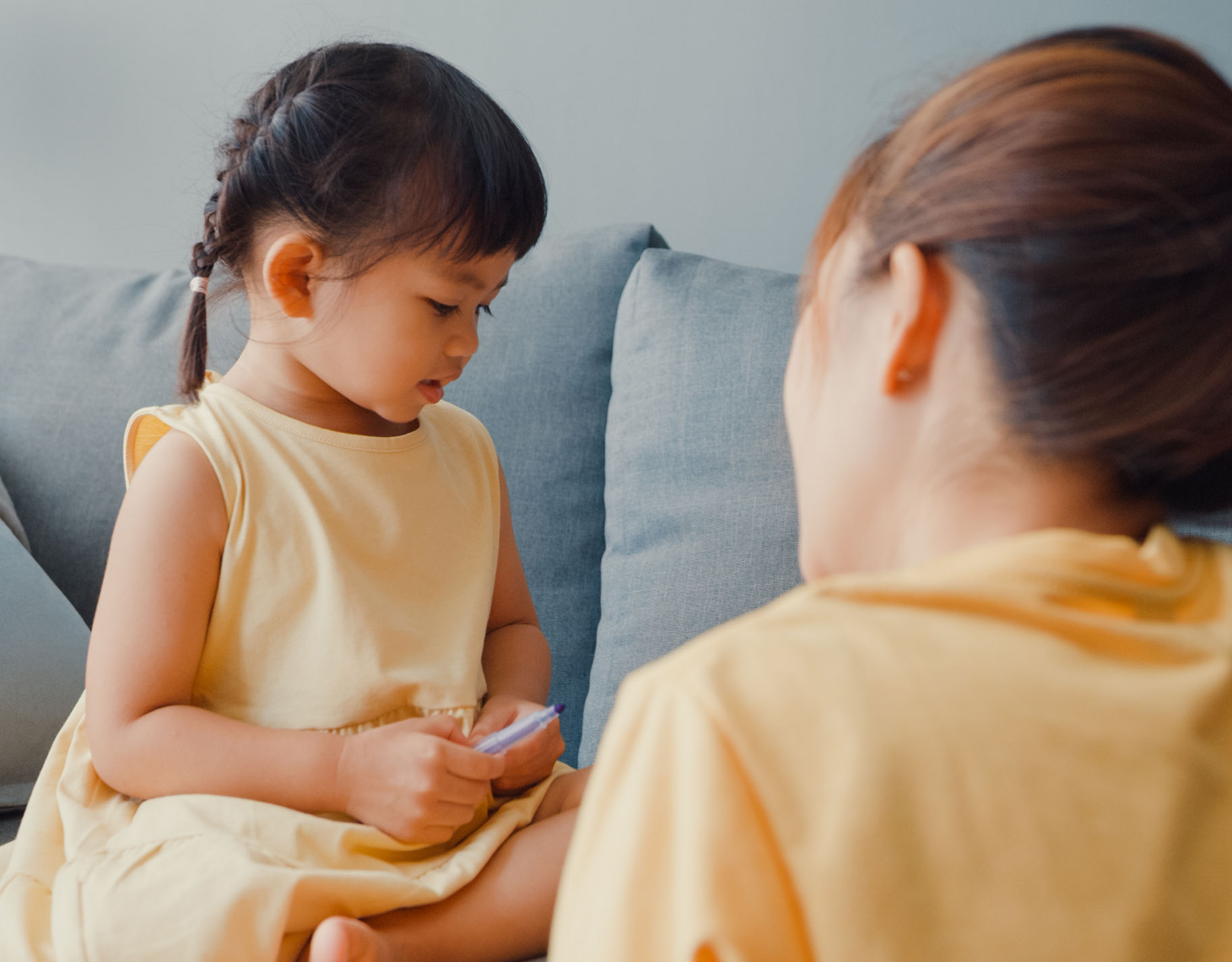
1. “I’m not angry. I’m just confused; what happened?”
Clearly stating our emotions sets the tone for the problem-solving phase. Our kids, knowing they made a mistake, will definitely try to hide that they did it because they expect us to be angry. By stating that we’re genuinely confused (because let’s be honest, 99% of the time, we’re feeling that), they’ll be more open to explaining what happened.
Besides, kids are at an age where they’re trying out all sorts of things and are still learning restraint. So exploded potato chip bags or crumbled cookies on the floor are possible.
2. “Okay, I’m here to help. Let’s fix this.”
Immediately stating that we’re here to help and ready to fix alongside our kids already sets the tone for a more problem-solving approach. Saying this also calms us down because instead of lashing out, we’re already looking for a solution. If our kids see this, they’ll realize, “Hey, I can fix this. It isn’t too bad!” Besides, much of the trouble they get into is usually fixable with a bit of super glue, a mop, or a broom.
3. “I’m sure you didn’t mean it. How are you?”
This one focuses more on their emotions and we’re certain that once the shock and adrenaline die down, they’re going to burst out crying. But don’t worry; breaking down in tears after a shocking event is absolutely normal! Our minds are still trying to comprehend what happened so for a kid, it’ll take some time before they finally break. That’s why sometimes, they seemingly cry out of nowhere. The realization just sunk in and now they’re looking for a safe space.
That safe space is us, moms and dads.
4. “What made you do it?”
The universal rule, “everything has a cause and effect” applies in this statement. A lot of times, kids are very simple; if they see something, they respond. If they want something, they’ll get it; we often think they’re capable of deeper moral reasoning but psychologist Lawrence Kohlberg proves that the reasoning we’re expecting them to have is something that even most adults don’t reach!
Toddlers are at what Kohlberg calls the “pre-conventional stage” wherein they’re more “direct” in their understanding. It’s rare to find a toddler who can instantly process other people’s emotions. The only time that happens is when their parents are incapable of managing their own emotions.
The conventional stage is for tweens and teens. Their motives are more based on, “What does society think is right?” It’s why teens and teens are more prone to peer pressure.
Post-conventional — the stage that most adults don’t even reach — is all about adhering to the universal principles, not easily influenced by what society wants.
5. “You’re not bad. You just made the wrong choice.”
Kids learn their idea of right and wrong from their parents. But in the many cases that they make mistakes, we often, in our rage, get so angry that our kids feel that they are their mistakes. They’ll do nothing but make mistakes so, it’s up to us to show them that they’re not. So, telling them that they just made the wrong choice not only shows that there are two different choices but they can make the right one moving forward.
Of course, as they get older, they’ll eventually discover that there are four kinds of decisions: good, bad, right, and wrong. At least, according to philosopher John Stuart Mill.
6. “Good job for telling me. Now we can fix it!”
It’s not easy to accept we made a mistake, especially if we grew up in a house where mistakes were not tolerated. Praising our kids for telling us they made a mistake teaches them accountability — something most adults lack. It also imbibes in them the virtue of resilience; yelling at them and making a big deal out of it actually is why a lot of kids and maybe some of us are so anxious to begin with. We’re so scared of messing up that it actually happens. That’s called a self-fulfilling prophecy — wherein when we think something shouldn’t happen, it ends up happening because we’re thinking too hard about it.
7. “Shall we apologize? Let’s make it right.”
This one’s if they actually hurt somebody. Apologies can’t be forced; these are things we talk about with our kids so they understand what they’re saying sorry for. A lot of times, we teach them to say sorry but never explain why they are. However, when using this line, focus more on the act, not the feeling. The last thing we want to teach them is to apologize for their feelings. After all, they have their own experiences too!

Kids & Mistakes: We all started that way too!
Maybe the corporate world or something in life hardened us to be more mindful of our actions. But we have to remind ourselves that the only reason why we’re still alive to tell the tale or not so hung up about our mistakes is because there was one kind soul who was patient enough to sit down and talk about it with us.
Although some parents may argue that using these statements may make our kids soft, what actually makes them soft is when the reaction doesn’t match the degree of the problem. Screaming at our kids over a glass of milk does not make the milk clean itself up faster. It just teaches the kids that milk is bad and there’s no way to fix the problem. So, they see that in every problem — no matter how big or small.
Just remember the old Filipino saying before we lose our temper over our kids’ mistakes: talo yung pikon. That’s not just applicable to us but to our kids too. We both lose against the problem.
More about kids and parenting?
Trust the Process: What Parents Can Teach Their Kids About Conflict Resolution
How To Handle Your Child’s Failure By Doug Kramer
Abuse vs. Discipline: What are the Differences?
